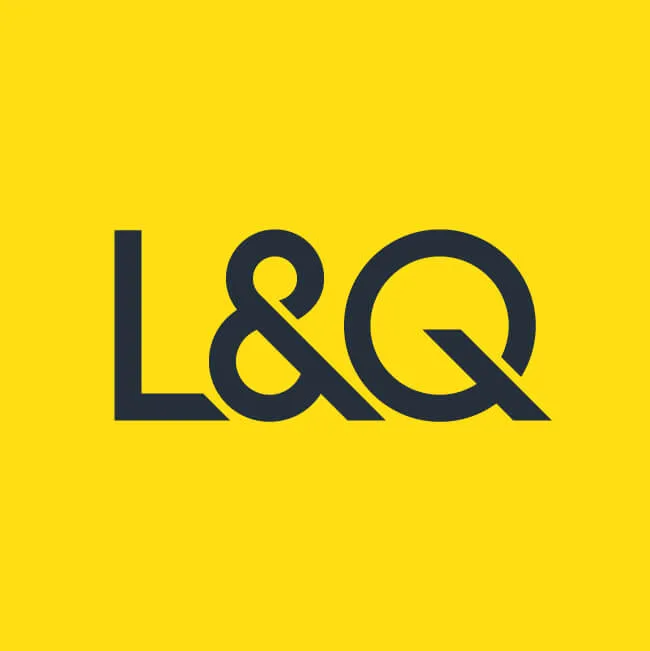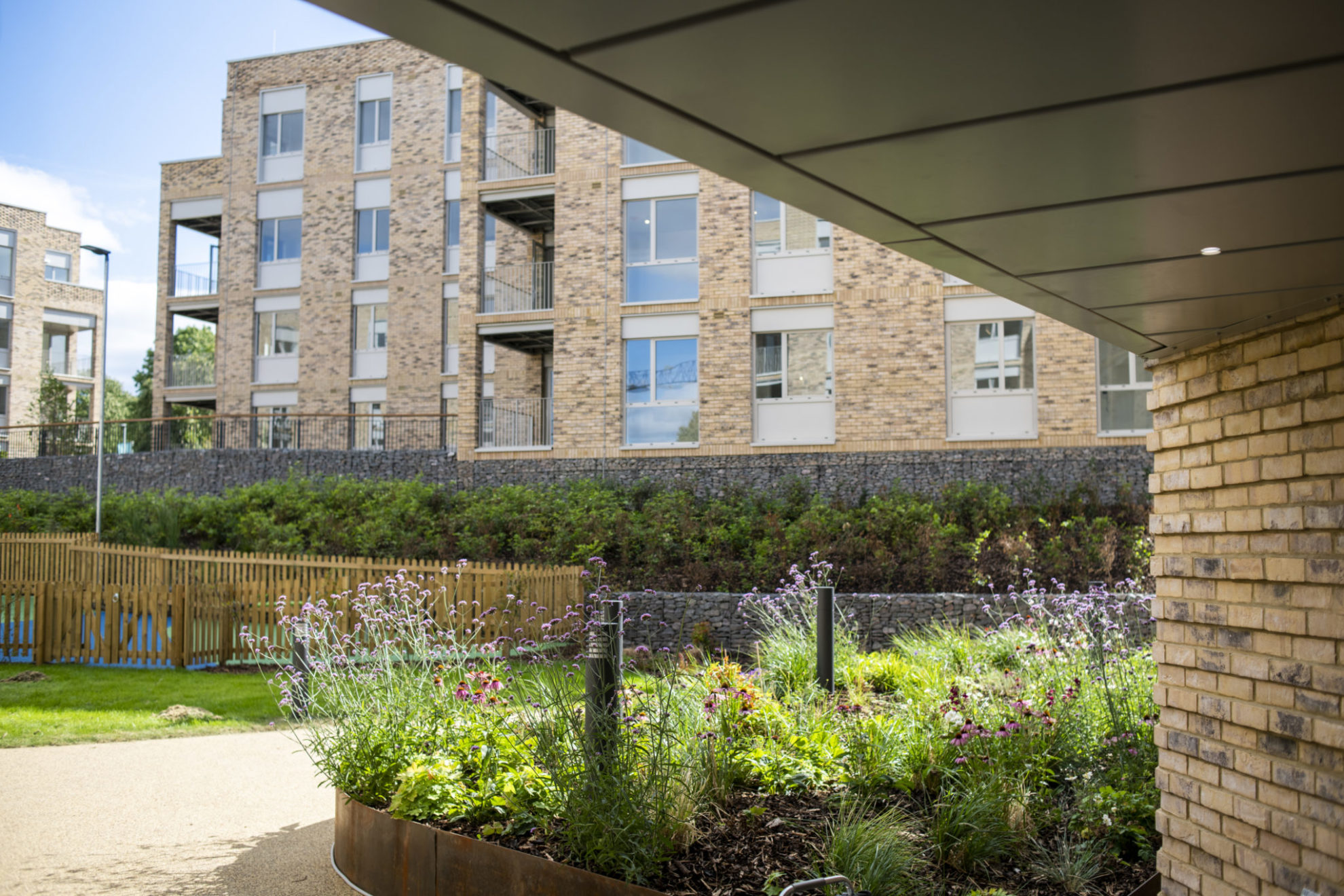What is a service charge? How is it calculated?
Our service charges are maintenance fees determined by the upkeep cost of the communal areas and services at our developments. Services covered include maintaining communal gardens, regularly servicing lifts, and cleaning and performing repairs in communal areas and more. Building insurance is also included in the service charge.
At the beginning of each financial year, we estimate the cost of communal services and charge you your share of that estimate. These estimates are worked out using information from our contractors and by analysing past costs. Service charge fees will vary from home to home and development to development depending on the services delivered. For example, if your home or development is serviced by a caretaker who maintains your communal garden, your service charge will be different to that of a development without a communal garden.
More information on service charges, sinking funds and management fees can be found on our Group website or speak to a sales associate.
How do I get more detailed information on the actual costs that are included within my service charge?
You can speak to our Sales Team, who will be able to provide more detail on what your service charge would cover for an individual home. When the financial year has ended, we work out the actual costs that we have paid on your behalf for communal services during the year. This is how we make sure you pay the actual cost of the services you have received for your Shared Ownership property.
What happens if the estimate for service charge is lower or higher than the amount we have been charged?
We write to you by the end of September each year to tell you the actual service charge costs. We also tell you if you need to make an extra payment because the actual costs were higher than the estimate. Alternatively, we’ll let you know if we need to refund you some money because the actual costs were lower than the estimate.
If we need you to make an extra payment for a deficit balance at the end of the year, we will apply the balance to your account, and our income team will be available to discuss payment terms for those who need assistance.
What is the Management Fee and how is it calculated?
If you pay a service charge to us, we collect a management fee as part of that charge. This is a fixed fee (exceptions may exist) calculated each year and contributes towards our costs for managing the services that you receive, collecting payments and issuing you with information about your charges.
This means you will know exactly how much the management fee will cost every year. We think this is a fair and consistent approach, and this is best practice according to the Royal Institute of Chartered Surveyors. In most cases, our management charges are in line with, or lower than, those of other housing providers and management companies.
How is the rent calculated for Shared Ownership properties?
Rent is calculated based on the percentage owned by L&Q. The amount of rent you pay on your Shared Ownership property will vary for each home depending on the share bought and the value of the property when you buy it. The higher the percentage share owned by the resident, the lower the rent paid to L&Q. As well as a significant discount on the rent compared to the open market (on average 40% less), our shared owners benefit from the security of being a leaseholder.
Shared Ownership rent increases yearly in line with the RPI inflation rate, along with an uplift usually between 0.5% and 2%*. Details of this increase are explained in the lease.
*Correct at the time of posting. All details will be confirmed in your lease
What is a sinking fund and why do I pay for it?
In property, a sinking fund is a long-term savings account that homeowners (shared owners, leaseholders and some freeholders) contribute to every month through service charges. This builds up every year and is used to pay for cyclical decoration of communal areas, or replacement of high cost items like windows, roofs, fire protection components or lifts. Contributions made are not refundable when a flat or a house is sold.
Under Section 20 of the Landlord and Tenant Act 1985 we must consult with you for any single item of works that will cost more than £250 per property. All sinking fund contributions are held by us and accounted for separately. Interest from the bank is earned on the money and is added to the sinking fund balance for the specific development every year.
What does my ground rent cover?
Ground rent is a fee paid to your freeholder and/or head lease as a condition of your lease for the land your home is on. It is usually an annual fee and is specified within your lease. Most ground rents are payable in April, unless your lease states otherwise.

